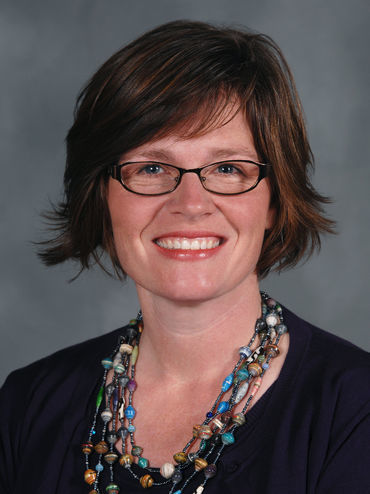We need them, period.
USG, Women’s Center-funded legislation puts free pads, tampons in campus restrooms
Every person who gets their period knows the feeling of panic and frustration when it shows up unexpectedly without having a pad or tampon handy.
Now, Kent State students may feel less stress surrounding their period.
Undergraduate Student Government (USG) and the Women’s Center teamed up to pass legislation to fund free menstrual product dispensers in eight women’s and universal bathrooms on campus.
The Period Project (TPP) has been an ongoing venture for USG for the last year and a half. The legislation was heavily influenced by Ohio University’s Period Project, which started in 2016.
According to USG’s legislation, one of the TPP of OU’s goals are to be “dedicated to collecting and donating menstrual products to populations of women, trans men and non-binary individuals in poverty.”
Claire Coder, the founder of Aunt Flow, started the Columbus-based company after getting her period unexpectedly at an event where there were no menstrual products, causing her to leave early and miss out on opportunities.
Aunt Flow sells and donates organic menstrual products and dispensers to businesses. Aunt Flow puts a greater emphasis on having its dispensers on college campuses so students can have access to products.
Danielle Ferguson, the current events manager for Aunt Flow, said the company wants to ensure every menstruator has access to menstrual products.
“We want to change the world, one cycle at a time,” Ferguson said.
According to Ferguson, over 250 schools and businesses across the country have dispensers. For every 10 menstrual products sold, Aunt Flow donates one product to someone in need.
Alicia Krynock and Claire Bobel, now alumni, created a petition in 2016 after they felt menstrual products should be sold in on-campus marketplaces, not just in the bookstore. The petition sparked an idea at the Women’s Center to offer free menstrual products at their pantry.
Cassandra Pegg-Kirby, the director of the Women’s Center, and other members worked together to figure out a way to work menstrual products into their budget.
“We realize how important it was to have those resources as a part of what we offer pantry, and also we didn’t want people to have to choose between food and those products,” Pegg-Kirby said. “You read stories about other countries and women miss out on their education because they have their periods, but that also happens here too.”
Madison Newingham, the former director of Student Involvement and chief of staff at USG, drafted legislation for the program. She frequently met with the Women’s Center and College of Public Health to ensure that every aspect of the bill was able to meet the needs of students and get approval from the university.
Newingham was able to get the bill sponsored by Claire Weihe, the senator for College of Public Health, which led to USG working closely with Doug Pearson, associate vice president of Facilities Planning and Operations, and Shay Little, vice president of Student Affairs, to get the pilot implemented.
Newingham said it was difficult trying to convince the university that dispensers were needed in men’s restrooms for students who are transitioning. While they compromised with having dispensers in universal bathrooms, Newingham hopes that the university will allow dispensers in men’s bathrooms.
“Trans students obviously still need menstrual products, and there are so many elements, but it just makes everything so awkward for students,” Newingham said.
Newingham expects the dispensers in men’s bathrooms will be an ongoing battle with the university, but she hopes that the university will recognize it’s about the students and not upsetting the community.
“The universal restrooms had to be in our plan,” Weihe said. “We weren’t going to let it go through without some acknowledgment of the transitioning community.”
Newingham and Weihe hope that the university considers taking over the project.
“I think that (Kent State) recognizes it is in their best interest to eventually adopt it, even if it’s not next year,” Newingham said.
So far, students have responded positively to the pilot and find it to be a necessity for students.
“There can be so many different situations where you don’t have what you need at that moment,” said Kylah Carter, a sophomore fashion merchandising major. “I think that’s a good step forward so that people have access to them.”
The funding for the pilot expires at the end of the Spring 2019 semester, but USG plans to fund it for as long as students need it.
“Toilet paper is a need, why aren’t tampons there too?” Weihe said.
Molly Heideman is a general assignment reporter. Contact her at [email protected]



